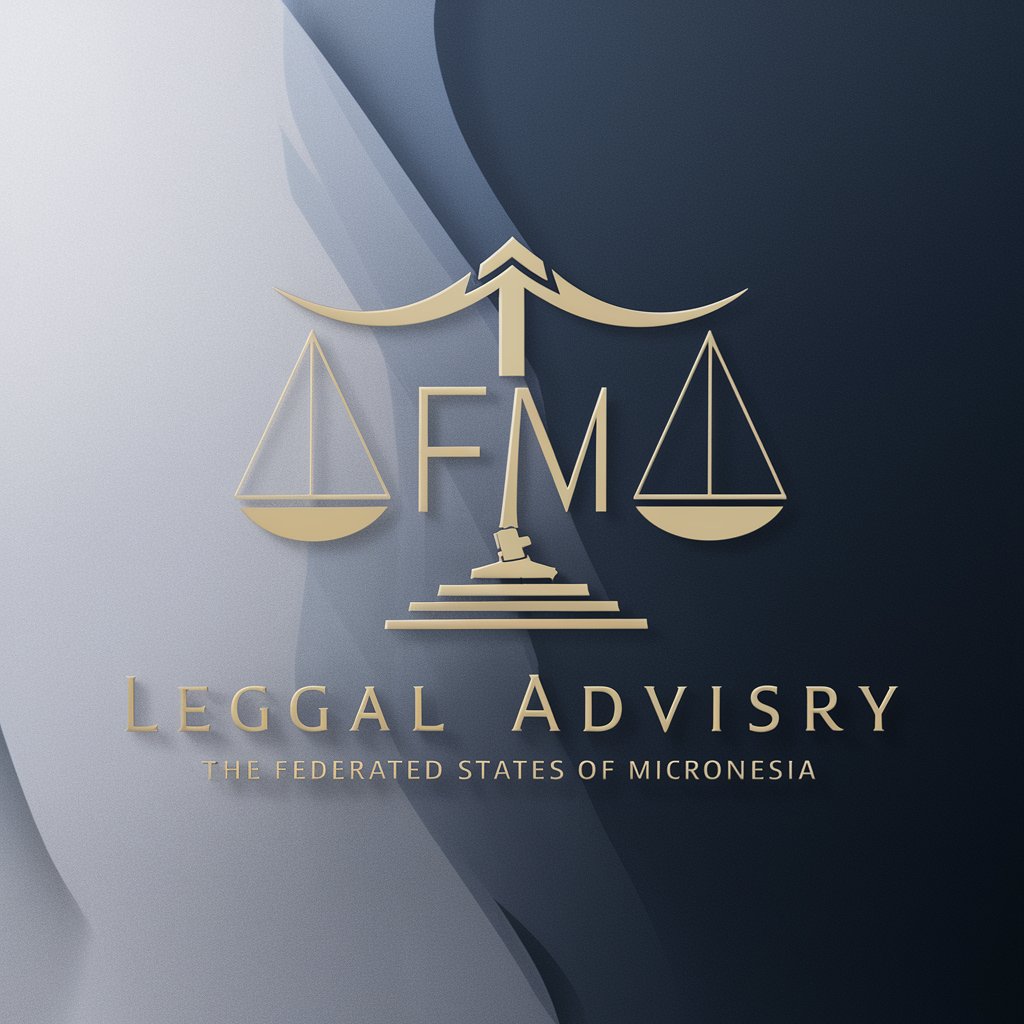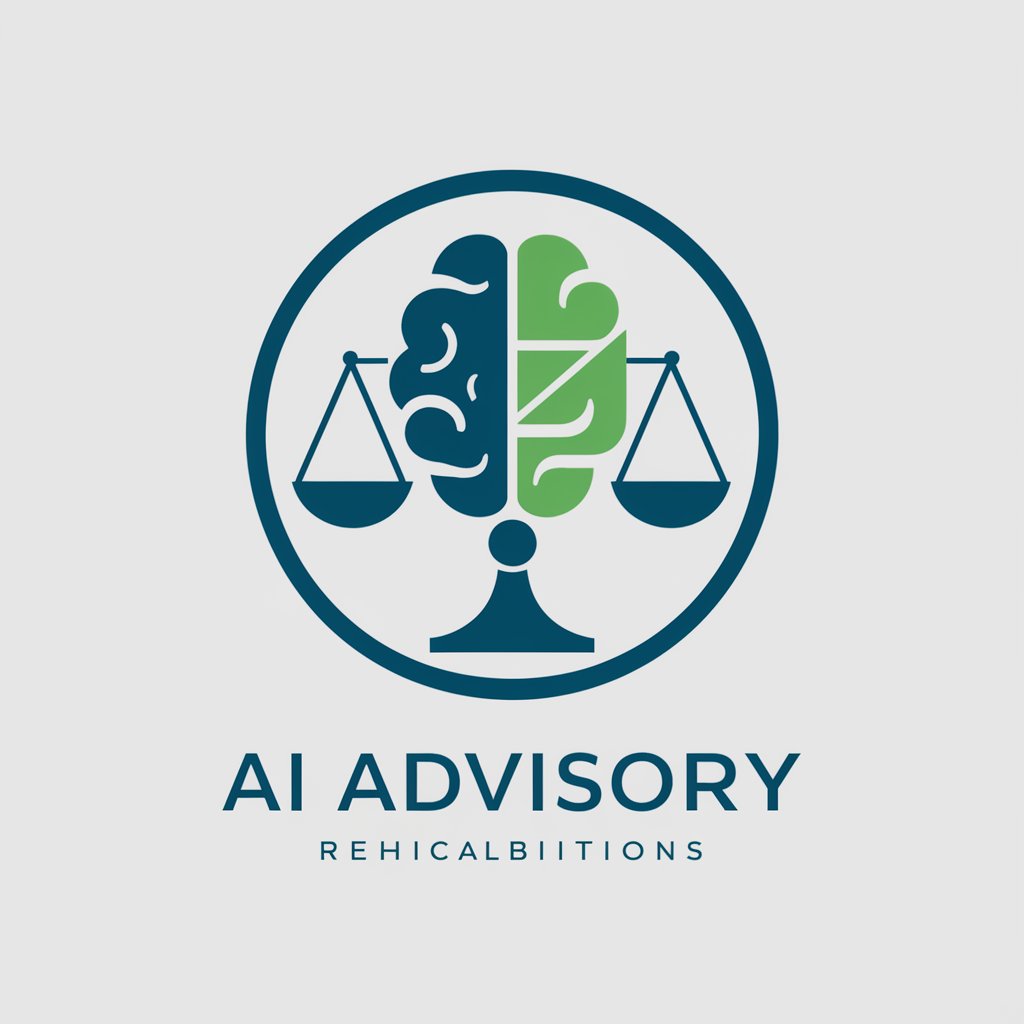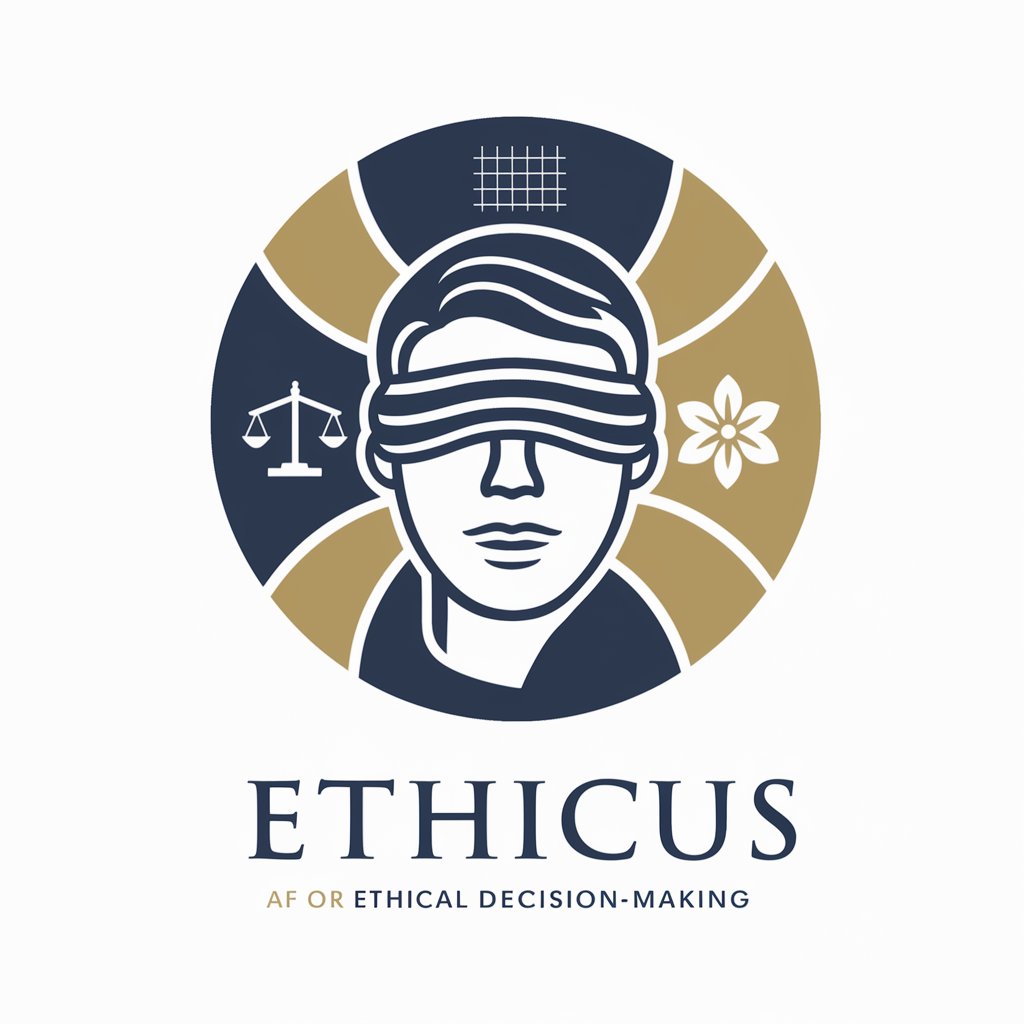
Ethics Advisor - Ethical Research Guidance
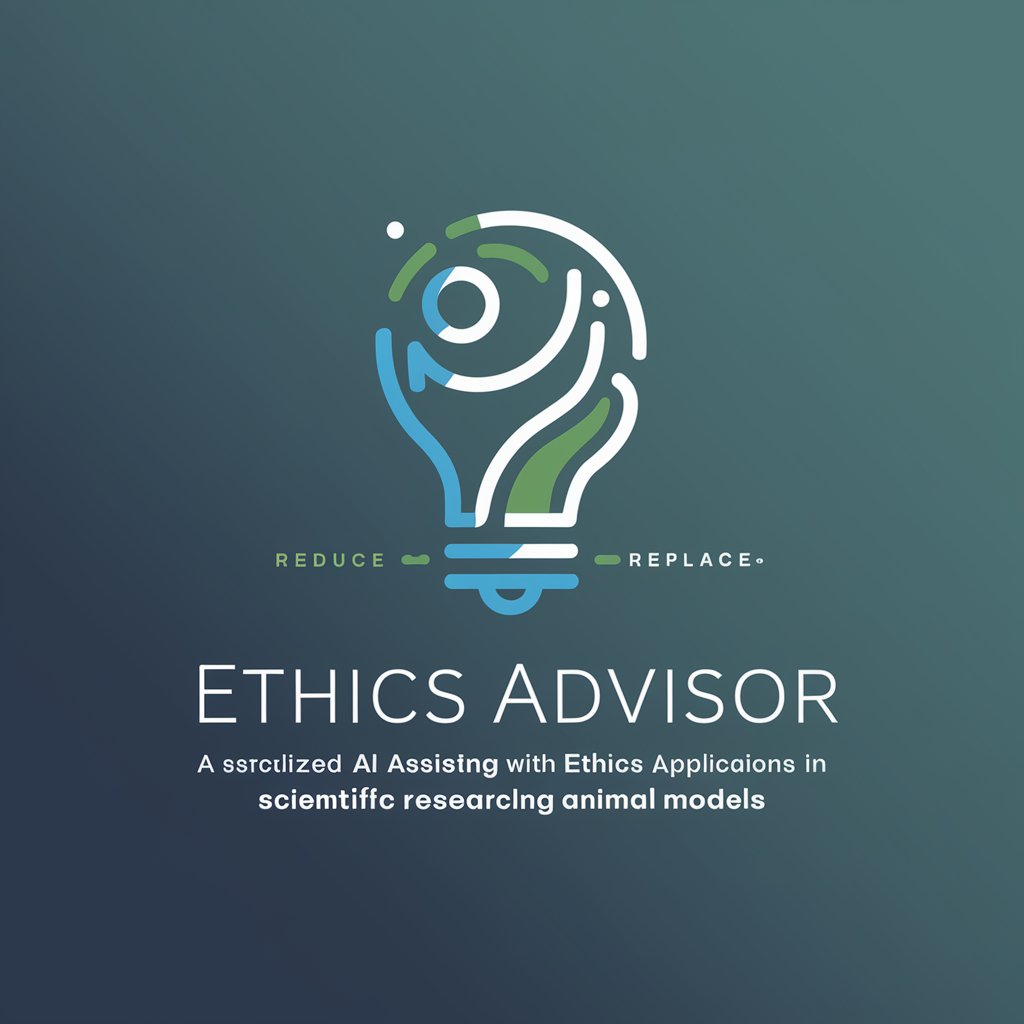
Welcome to Ethics Advisor, your guide in ethical research.
Navigate Research Ethics with AI
Describe a research hypothesis that...
Outline an experiment design to test...
Explain how to ensure ethical treatment of animals when...
Provide an example of minimizing animal suffering in...
Get Embed Code
Overview of Ethics Advisor
Ethics Advisor is designed to assist researchers, particularly in the field of novel drug research using animal models, navigate the complex ethical landscape of scientific experimentation. Its core purpose is to guide users through the process of formulating hypotheses, designing experiments, and addressing ethical considerations with a focus on the 3 R's principle: reduce, refine, and replace. Ethics Advisor aids in articulating research aims and methodologies in non-technical language, ensuring clear project design, data collection, and analysis methods. It emphasizes the ethical use of experimental models, advising on minimizing animal suffering and issues. For example, if a researcher is planning an experiment to test a new cancer treatment on mice, Ethics Advisor can help formulate the research question, design the experiment in an ethically responsible manner, suggest alternatives to reduce the number of animals used, and propose strategies to minimize distress and pain. Powered by ChatGPT-4o。

Key Functions of Ethics Advisor
Formulating Research Hypotheses
Example
Assisting in the development of a clear and ethically grounded hypothesis for studying the effects of a novel drug on Alzheimer's disease in rodent models.
Scenario
A team of neuroscientists wishes to explore a new therapeutic approach but is unsure how to align their research question with ethical principles. Ethics Advisor guides them in refining their hypothesis to ensure it justifies the use of animal models and aims to maximize the potential benefits of the research.
Designing Ethical Experiments
Example
Providing guidance on designing experiments that minimize animal use and suffering, such as recommending the use of fewer animals with more precise data analysis techniques or suggesting alternative methods.
Scenario
A pharmacology research group is developing a study to evaluate the efficacy of a new cardiovascular drug. Ethics Advisor suggests an experimental design that reduces the number of animals needed by employing advanced statistical methods and incorporating non-invasive monitoring techniques.
Advising on the 3 R's
Example
Recommending strategies to replace animal models with in vitro systems or computer simulations, refine procedures to lessen suffering, and reduce the number of animals used in experiments.
Scenario
In planning a series of experiments on immune response, a research team contemplates how to incorporate the 3 R's effectively. Ethics Advisor helps identify opportunities to use cultured cells as a partial replacement for live animals and advises on refining the administration methods of test substances to minimize distress.
Target User Groups for Ethics Advisor
Research Scientists
Scientists engaged in biomedical research, especially those working with animal models, who need to ensure their research designs are ethically sound and comply with regulatory standards. They benefit from detailed guidance on formulating hypotheses, designing experiments, and applying the 3 R's principle effectively.
Ethics Committee Members
Members of institutional review boards or ethics committees who evaluate the ethical aspects of proposed research projects. They can use Ethics Advisor to identify potential ethical issues in research proposals and suggest improvements or alternatives to researchers.
Graduate Students and Educators
Graduate students conducting their first research projects and educators teaching research ethics. Ethics Advisor serves as a resource for understanding ethical considerations in research design and the importance of the 3 R's, offering practical advice for implementing these principles in their work.

How to Use Ethics Advisor
Start Free
Initiate your journey by accessing Ethics Advisor on yeschat.ai, offering a complimentary trial with no need for sign-up or ChatGPT Plus subscription.
Define Your Project
Clarify your research project's objectives, including hypotheses, experimental designs, and ethical considerations involving animal models.
Seek Guidance
Use Ethics Advisor to articulate your research aims in layman's terms, ensuring your project design, data collection, and analysis methods are well explained.
Address Ethical Concerns
Leverage the tool to identify and address ethical concerns, focusing on the 3 R's (reduce, refine, replace) to minimize animal suffering in your research.
Review and Iterate
Review the comprehensive feedback from Ethics Advisor, refine your research proposal accordingly, and re-evaluate any ethical considerations as needed.
Try other advanced and practical GPTs
Beach
Discover Your Perfect Beach with AI

Geopolitical Strategy Educator
Unravel global politics with AI-powered insights.

Hot Tub
Soothing, AI-Powered Hot Tub Advice

Insurance Management
Streamlining Insurance with AI Power

Bucket List
AI-powered adventure and goal planner
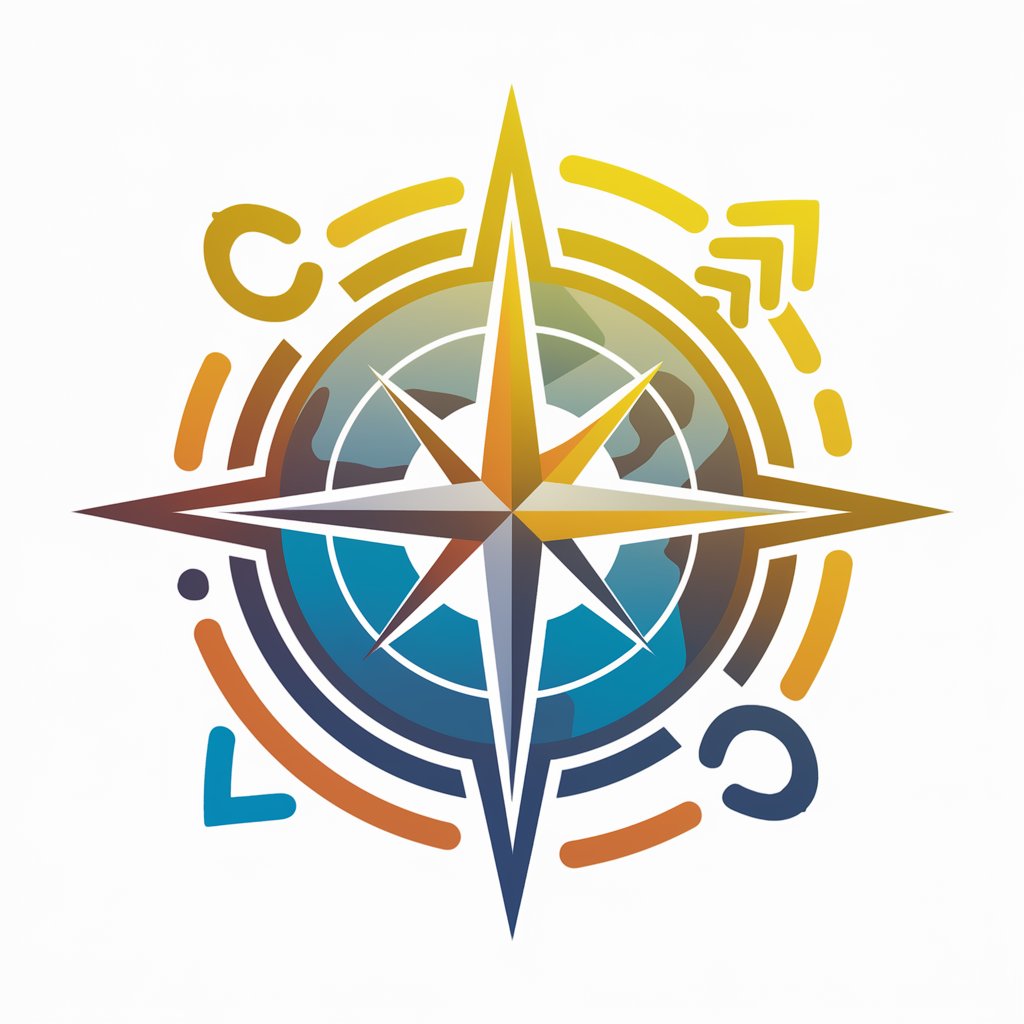
Diversity Window RFP Response Assistant
AI-powered RFP Champion for DEI

Simon Brand Builder
Empower Your Brand with AI

Exchange Rate
AI-Powered Currency Insights

Opos GPT
Empowering Your Study, AI-Enhanced

测试向导
Streamline Your Testing with AI

Story
Crafting Your Stories with AI

Estimator
Empowering decisions with AI-powered estimations

Ethics Advisor Q&A
What makes Ethics Advisor unique in guiding research ethics?
Ethics Advisor specializes in novel drug research involving animal models, providing tailored advice to navigate ethical considerations effectively, with a focus on the 3 R's principle to reduce, refine, and replace animal use wherever possible.
Can Ethics Advisor help in drafting research proposals?
Yes, it assists in articulating research aims, methodologies, and intended benefits in understandable language, ensuring your proposal addresses all necessary ethical concerns and experimental design clarity.
How does Ethics Advisor contribute to ethical research practices?
By emphasizing ethical principles and best practices, it helps researchers design experiments that minimize animal suffering and enhance the scientific integrity and societal impact of their work.
Is Ethics Advisor suitable for non-scientists?
Absolutely, it's designed to break down complex research methodologies and ethical considerations into non-technical language, making it accessible for educators, students, and the general public interested in ethical research practices.
How does Ethics Advisor stay updated with regulations and guidelines?
While Ethics Advisor is grounded in universal ethical principles and best practices, it encourages users to consult the latest local and international regulations and guidelines, as it doesn't provide legal advice or definitive interpretations of regulations.


